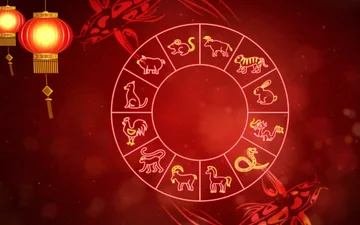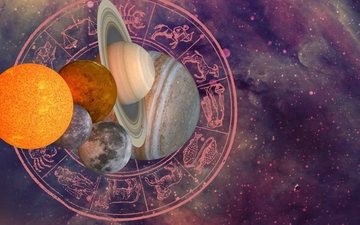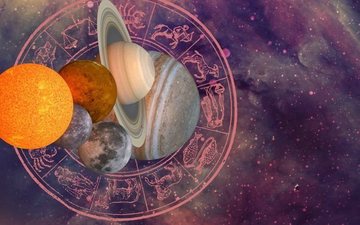
After bringing Luna to life in 2016, Chrissy Teigen wrote an essay for "Glamor", where she first admitted having suffered from postpartum depression. As he spoke in the US talk show "Today," Chrissy described the moment when he realized that he was experiencing more than merely "sadness." "I did not think I should feel different. I thought it was normal to feel that way. I pour oil on the feeling of motherhood. "
In the following, the model adds that her friends were the ones who played an important role in understanding the symptoms of Postpartum Depression, known as postpartum depression (PPD). Chrissy said, "I thought I was just bored, while the people around me began to see changes in my personality - this helped me a lot. I started to change. "
The actress, who is already a mother of the little girl Miles, said she felt more than tired, "I was very, very, very sad, I badly treat myself."
In the Glamor essay in 2017, Chrissy explained that when he returned home, which was then a temporary home to build the house he had bought, along with his spouse John Legend, he began to feel instability. The sadness and emotional detachment she explained to the fact that it was not in unusual circumstances. I told myself that after they moved to the new house, in their home, everything would pass. She did not understand what she was and did not speak to anyone. If there was no remake, he did not even come out of the house. If he first entered a room of self-confidence, he had now turned to a man who headed wherever he went. There was no energy, social life, or John was gone nowhere.
Her public letter at the time was a way to promote open speech about a disorder that many women suffer in the world, though they lack the proper information.
Below you find a summary information on postpartum depression in women, BUT even men.
~ Postpartum depression in women: 4 signs to be known ~
Making a decision seems something terrifying
Mothers affected by postpartum depression have at all times the feeling that their decisions regarding the child may damage it. They are terrified of making decisions and think they are not doing a good job.
She does not sleep either when she sleeps
The vast majority of new mothers do not sleep well in the first months after their birth. But in the case of postpartum depression, mothers often do not sleep either when the baby sleeps and sleeplessness brings new problems.
You feel sad and stressed all the time
Experts say that it is normal in the first weeks after the birth that the mother feels somewhat tired, crying or feeling stressed. But if this condition persists for a long time, it means that you may have to have depression after birth.
Think you can hurt yourself or your baby
Even if you never intend to do so, but these thoughts go through your head, it is a sign that you should talk to a doctor. Of course you may be ashamed to talk to someone else about these thoughts, but immediate help is a necessity, both for you and your child and your family.
Postpartum depression in men
The fact that men do not experience so much physiological changes after childbirth does not mean that they are not affected by postpartum depression.
Quite the opposite: Depression of young fathers is an existing problem and there are many such cases in the world. In recent years, cases of men suffering from depression after becoming parents are increased by 68%.
Getting on with children brings radical changes to your lifestyle, even if you have not been born. In women, fluctuating hormonal levels and neurochemical changes that occur in the brain affect a great deal. But in fact, a study by the American Journal of Human Biology showed that men also experienced hormonal disorders after the birth of a baby. Lowering the level of testosterone can increase the risk of depression and anxiety.
Add to this other consequences like chronic stress, abnormal feeding, and lack of sleep, and they are all likely to pass an episode of depression that can turn into chronic depression in carelessness.
But it's not just hormonal changes those that play a role in men's postpartum depression. One of the factors is the sense of separation from mother and child, as in many cases the father is left out of the baby's main baby growth processes. It is extremely important for the father to be given the opportunity to make contact with the child and to feel useful in caring for her.
Above all, the pressure of culture towards the parent can make anyone feel incapable. The high expectations of a mother and father to care for a child in a certain way are usually far from the reality of a sleepless life, with malnutrition and inattention, where parents are too difficult to do everything in perfection, with all the load that comes suddenly into their lives.





